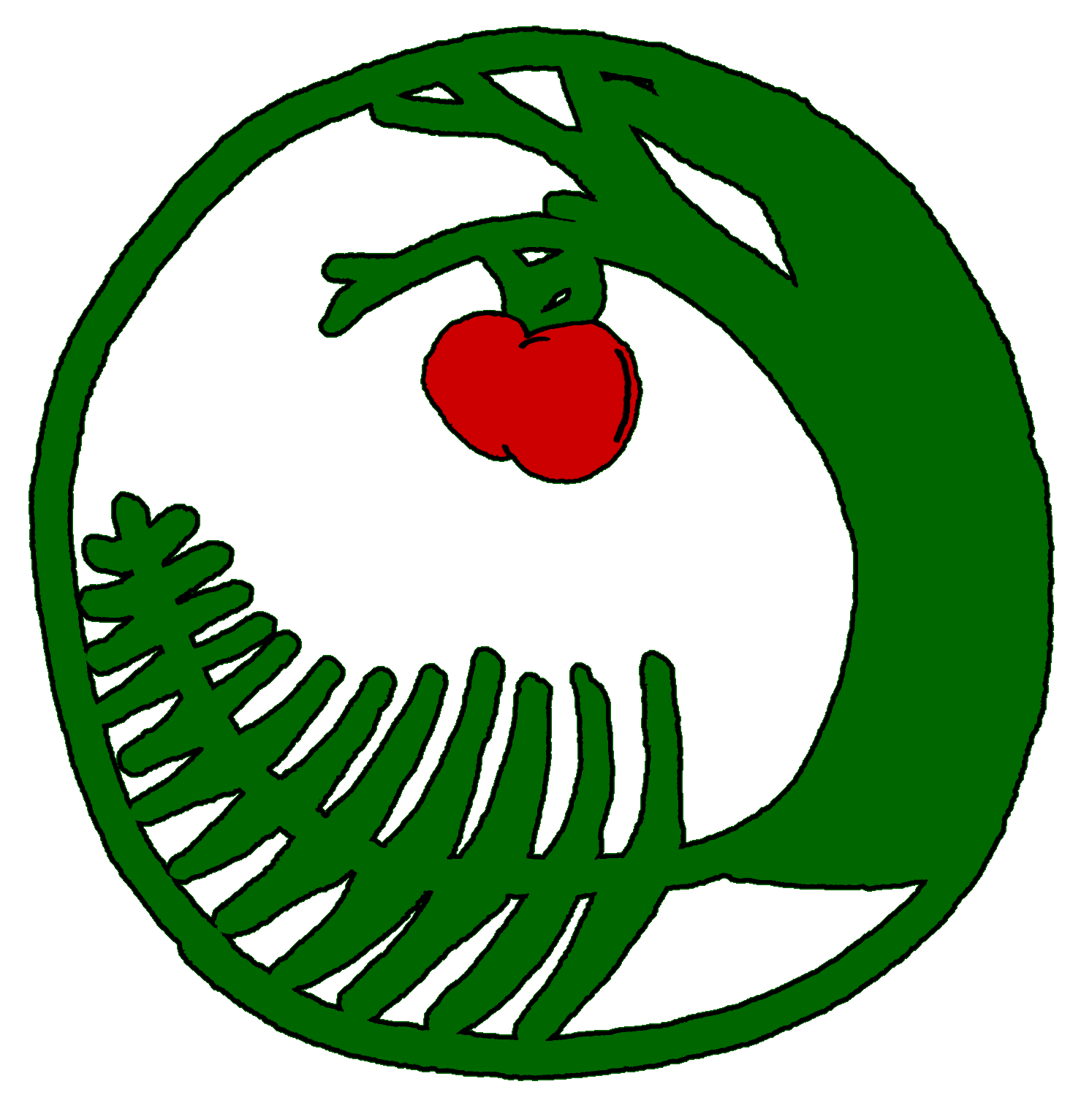Douglas mugwort is my favorite of the species of Artemisia that we grow. It is native to sunny streambanks and partly shady riparian areas of several western states from Oregon to Mexico... more->
Fern Hill Nursery and Botanical Sanctuary
Edible, medicinal, and native plants for the Pacific Northwest
We spent 13 years building an abundant fruit forest, annual veggie beds, perennial medicinal herbs, and a healthy mixed hardwood-coniferous forest and now we've sold our property to the next stewards so that we can begin a new homesteading project in Vermont closer to our best friends and their kids.
Don't worry - we plan to keep this website up and running so that our customers can reference what we've written about our plants!
We'll let you know once we re-start a farm in Vermont!
Native to the Pacific NW
Native to northern California and Oregon, this hardwood shrub in the laurel family grows in sunny or shady hillside forests. I've seen it in moist coastal forests as well as in sun drenched... more->
Soft rush is a great native wetland plant to have around a pond or swale. Its round, straight stems form a graceful fountain shape, while its rhizomes decrease soil erosion. The roots and stems... more->
Soaproot is native to sunny meadows and oak woodlands of northern California and southwestern Oregon. Like other plants in the agave family, it grows strap-shaped leaves in a basal rosette, then... more->
Henderson's checkermallow is commonly found along the Washington coast, but a few populations grow further south here along the Oregon coast. In the hollyhock family, this perennial grows up to... more->
A very vigorous perennial native to much of North America, Canada goldenrod can quickly colonize sunny, moist meadows and gardens. It's bright and canary yellow inflorescences grow upwards from... more->
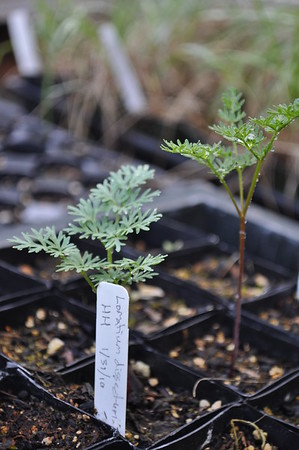
Native to well-drained hillsides in the Willamette Valley and the greater Pacific Northwest, this handsome perennial is the subject of an explosion of research for use as an antibacterial and... more->
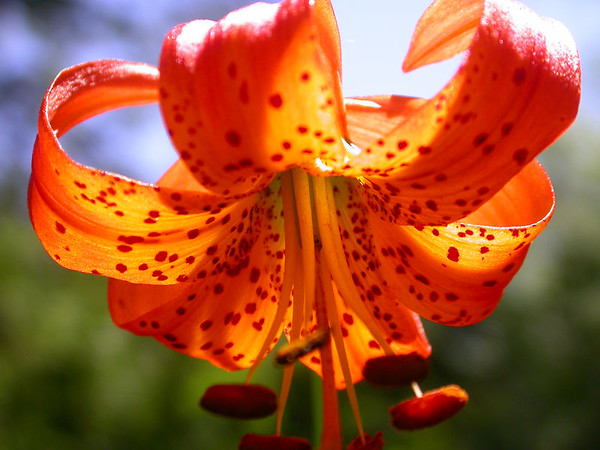
Leopard lily is a stunning wildflower native to parts of Oregon and California. It is an herbaceous perennial growing up to 6 feet tall with multiple stalks of multiple bright red and orange... more->
Pacific waxmyrtle is an evergeen shrub/small tree native to the west coast of North America. It can grow 5-30 feet tall and has sticky leaves and a waxy wrinkled purple berry. It is a great... more->
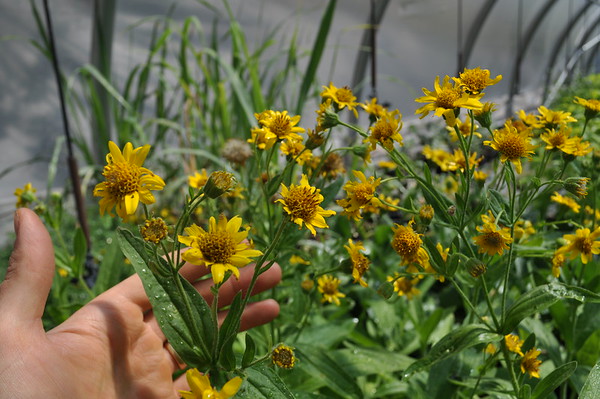
This arnica is native to western North America and is as potent as Arnica montana. It is a low growing, slowly spreading herbaceous perennial that prefers full sun to part shade and... more->
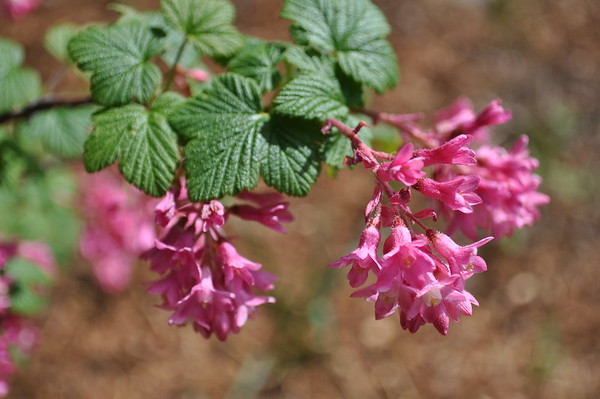
This is one of the earliest blooming and showiest shrubs in the Pacific Northwest! Red flowering currant is a very popular plant for a variety of reasons. The large clusters of pink-red flowers... more->
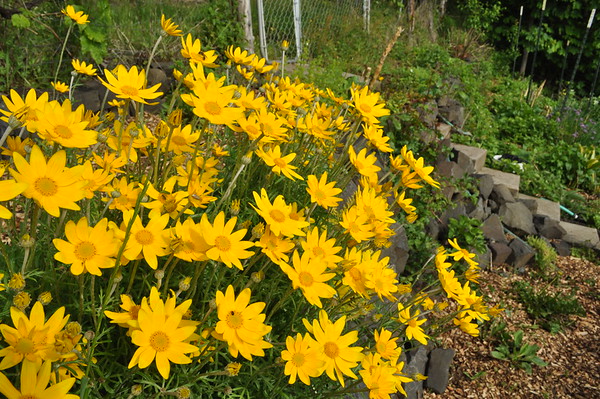
A beauty for a native wildflower garden, Oregon sunshine lives up to its name, bearing profuse quantities of deep yellow blooms. Gray green foliage is ornamental. This plant blooms no taller than... more->

We love this late spring blooming native wildflower that we often find on the edges of meadows. In the hollyhock family, this perennial grows only about a foot to two feet tall at most. It sends... more->
Black twinberry, native to Oregon, is an excellent hummingbird plant. This deciduous shrub can grow up to 6 feet tall and 10 feet wide. It can grow in sun or part shade. Flowers are bright... more->
Native to Oregon and much of North America, western mugwort is a rhizomatous perennial with beautiful gray-green foliage composed of long, strap-like leaves. Its yellow-white flowers bloom in... more->
This native rose shrub has the largest pink flowers of the Oregon species. They perfume the woods when they bloom in May! more->
Native throughout most of the northern hemisphere, alpine strawberry is that amazingly sweet wild strawberry you remember from childhood. Small fruits pack superb flavor. Plants are vigorous in... more->
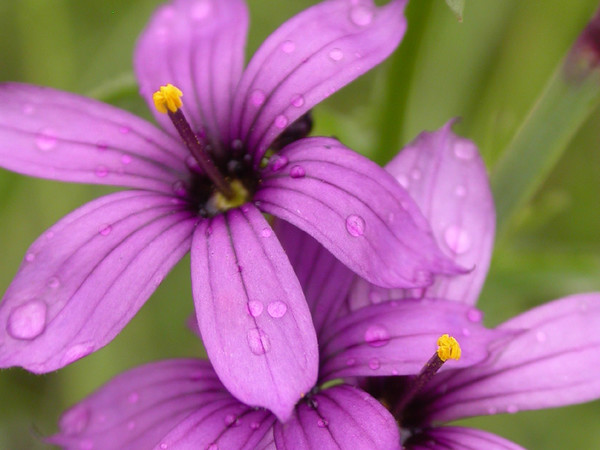
A small but beautiful perennial native wildflower that prefers moist soil and sun, blue eyed grass grows less than a foot tall and makes clusters of small purple flowers in early summer. A great... more->
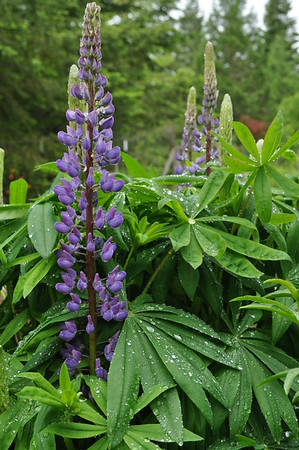
This perennial produces massive flowering stalks several feet tall that smell sweet and attract bees. Native to wetlands in the Willamette Valley and the Pacific Northwest, it performs really... more->
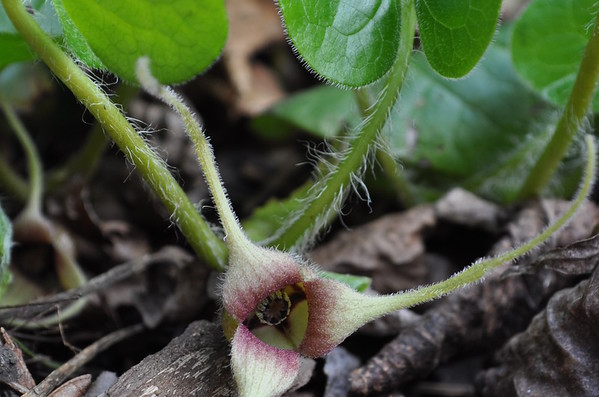
A beautiful native forest ground cover, wild ginger likes to grow in moist soil in shady areas. You will find it wild near creeks and on wet hillsides in the shade. Glossy heart-shaped leaves... more->
Clustered wild rose is native to the Willamette Valley and other parts of the Pacific Northwest. It is a spreading woody shrub, growing up to 6 feet tall. It is a great and easy to grow wildlife... more->
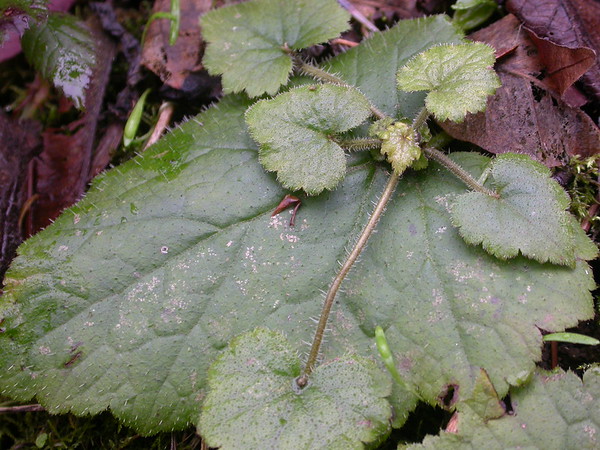
Pig-a-back plant is a trailing perennial ground cover native west of the Cascades that prefers moist forests and shady stream sides where soil is moist throughout the year. It blooms in late... more->

This perennial produces gorgeous purple flowering stalks in full sun or part shade. A Willamette Valley native, it tolerates drought and poor soil with root nodules that fix nitrogen. Deer... more->
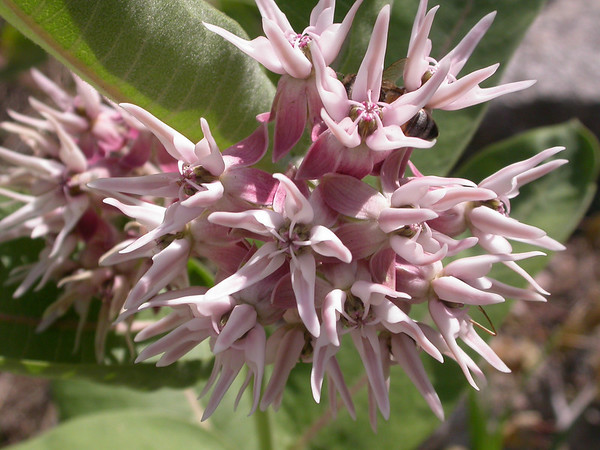
A gorgeous wildflower native to western North America, showy milkweed is a host plant for monarch butterflies. Pink and white fragrant flower clusters bloom on two or three foot stalks in mid-... more->
Blackcap raspberry is one of the most delicious native fruits in our area. It is also not well know because it is not as common as the wild blackberries. The blackcap is a cane fruit that grows... more->
Salal is an evergreen shrub in the heath family with glossy leaves, white urn-shaped flowers, and edible purple berries. Salal prefers moist shade, but it often bears the most fruit in sunny... more->
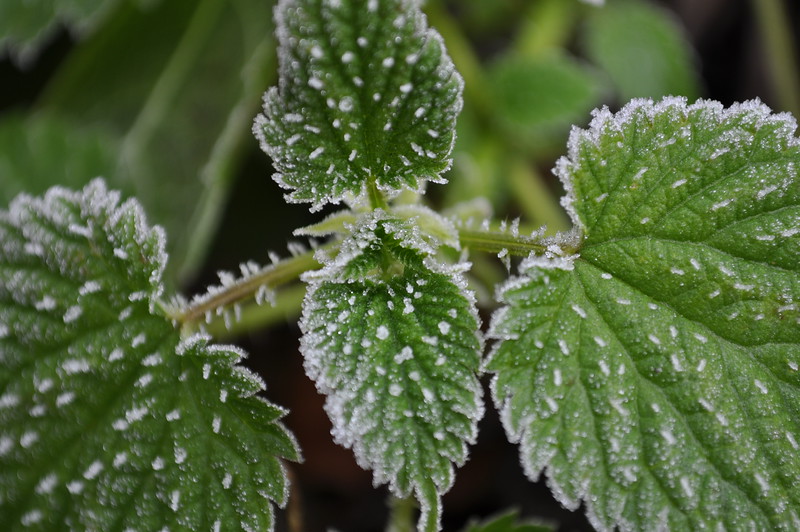
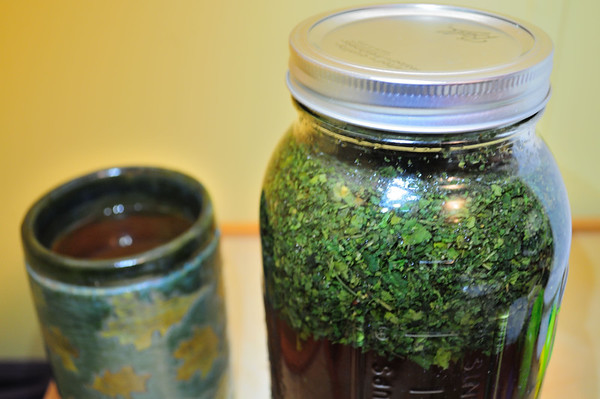
Stinging nettle is an herbaceous plant that grows in wet soil, often along river beds and stream sides. It spreads below ground by rhizomes but will not spread where it gets dry. Nettles are an... more->
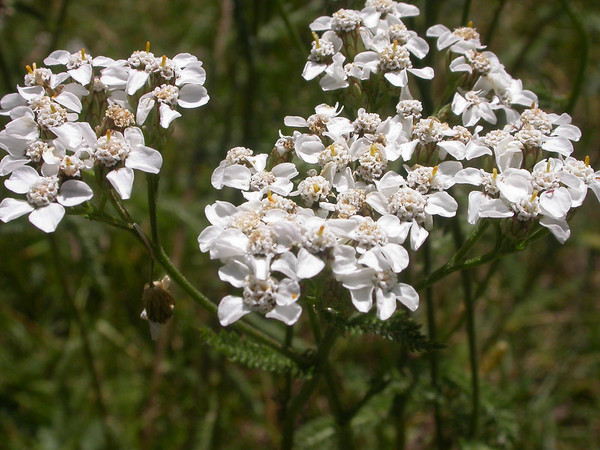
Yarrow is a flowering perennial in the sunflower family. Feathery green basal leaves are present in our climate throughout the year. Taller leaves begin to grow in early spring, and flower stalks... more->

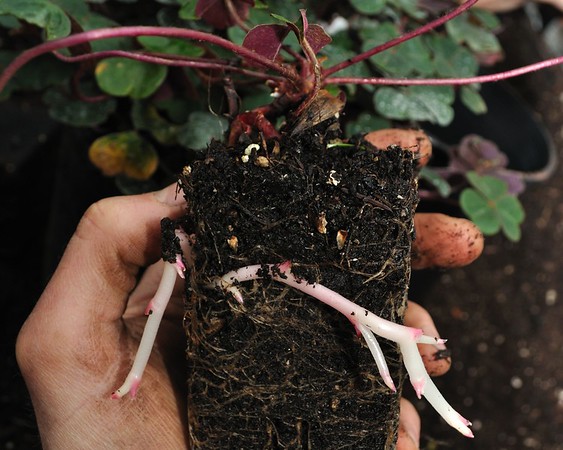
A beautiful shade-tolerant ground cover, the native Oregon wood sorrel spreads happily on the forest floor, or a shady garden floor. It likes lots of organic matter and shade. If it does not... more->
This native member of the sunflower family spreads quickly in poor soil with very little care and without summer irrigation. It has spreading blue-flowered aster blossoms late in the summer to... more->
Native to the Pacific Northwest, thimbleberries produce delicate, thimble shaped raspberry-like fruit atop canes up to 5 feet tall. The pretty white flowers in spring brighten up shady corners of... more->

A beautiful perennial native to Oregon, Oregon geranium is very showy. Growing about a foot in height and wide, it has profuse pink blooms in late spring and early summer. It thrives in full sun... more->

Evergreen Huckleberry is a great northwest native evergreen shrub. It has delicate white and pink flowers, evergreen leaves and glossy, black berries. In the WiIlamette Valley, shrubs grow to 4... more->
Native to moist and sunny meadows and slopes of the Pacific Northwest, this perennial herb makes a fine garden specimen. Bees and butterflies flock to its showy purple flower spikes held above... more->
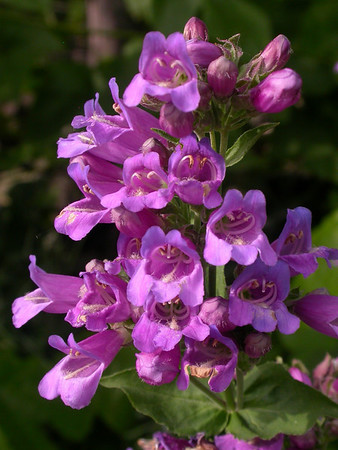
We have had great success growing this native penstemon in our gardens. A perennial with striking purple flowers stalks that bloom in mid-summer, Cascade penstemon is easy to grow in our climate.... more->
Coyote brush is an evergreen shrub native to Oregon. It is drought tolerant, deer tolerant, and easy to grow. Fast growing, it can grow as high as nine feet but usually is shorter. It responds... more->

A rudbeckia native to Oregon, this wildflower has a unique bloom that resembles Echinacea or Rdbeckia but with no petals. A perennial plant, when grown in full sun and garden soil, flower stalks... more->
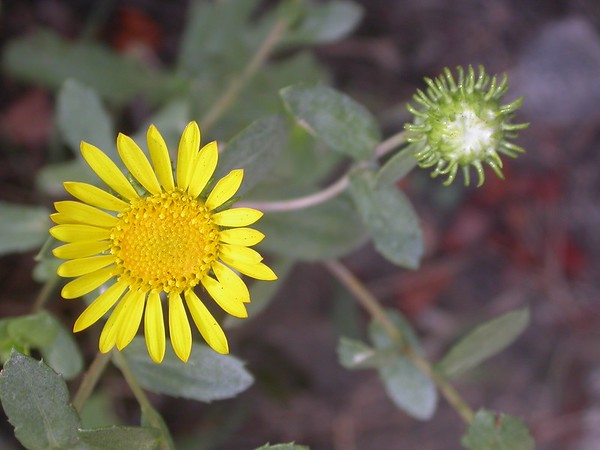
This native perennial in the sunflower family grows into a small shrub each season, bearing yellow flowers covered in sticky white resin. It thrives in sunny spots with moisture and tolerates... more->
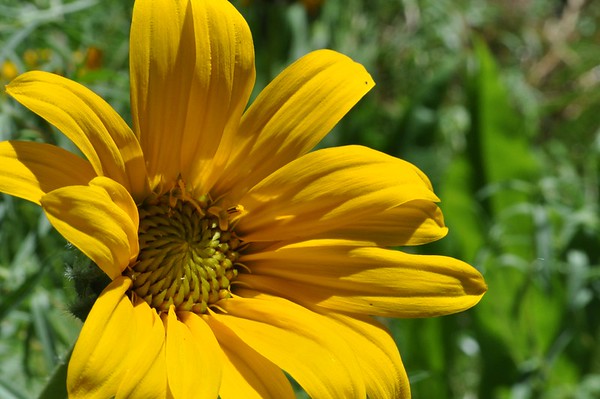
A sunflower-like native wildflower, narrow leaved mule's ears grows in grasslands and meadows in the fields and foot hills of the Willamette Valley. It is an herbaceous perennial and each year... more->
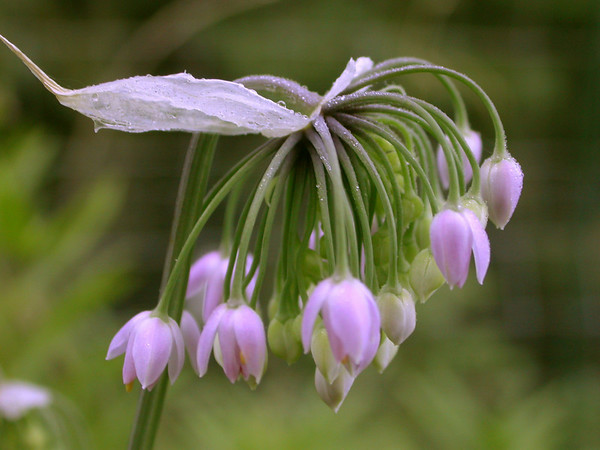
Nodding onion is a showy native onion that is also a great addition to a perennial vegetable garden. The grass-like leaves can be harvested any time and eaten raw like chives or cooked as green... more->
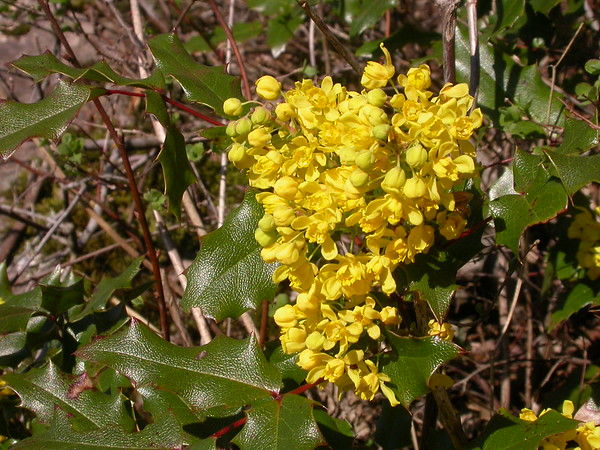
Tall Oregon grape is a woody perennial shrub in the barberry family that is tough enough to survive in many conditions and yet provides edible and medicinal yields. It grows 2-7 feet tall in well... more->
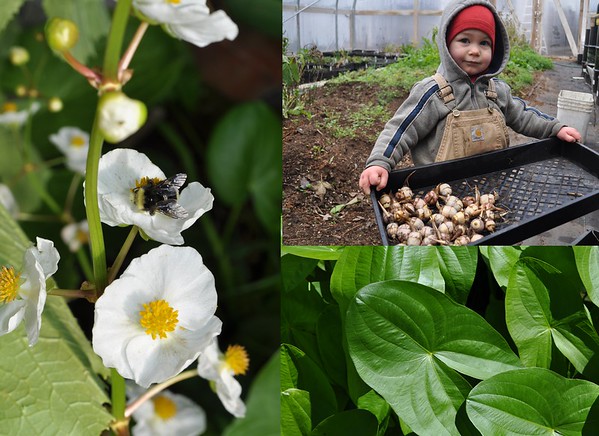
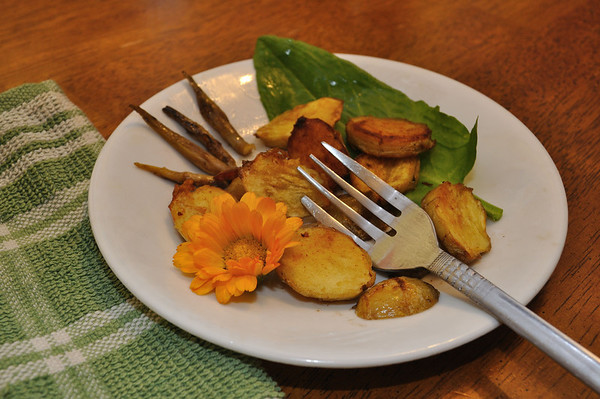
Wapato is a perennial plant that is native throughout North America. Historically, it was a staple food crop for people wherever it grew and continues to be a popular native food plant. Tubers... more->
An Oregon native wildflower with gray green foliage and pretty dried pearly white flowers, pearly everlasting is an easy plant for a native garden. At the height of summer, plants grow up to 3... more->

A wonderfully fragrant native shrub, western spicebush is an open, deciduous shrub that tolerates part shade and is deer resistant. Burgunday flowers bloom late spring to early summer and smell... more->
